Creating a Great Talent Brief
Creating a Great Talent Brief
We’ve developed this guide to help managers who are new to hiring. The guide is intended to provide practical advice to ensure you achieve a great hiring outcome as well as some tips on how to build an effective relationship with your preferred recruitment partner that will deliver results for the long term.
Like any great partnership, a good foundation of understanding and communication forms the basis of how the firm and the client work together. One of the first touchpoints in the partnership starts with collaborating on a great talent brief. We’ve put together these insights from our consultants who have over twenty years of recruiting in the financial services industry and shared their top tips on what makes a great talent brief.
THE RECRUITMENT BRIEF
Internal Sign off
While it is essential to have internal sign off for your hiring process before taking any action, it is sensible to engage in a conversation with a recruiter about what you’re thinking about and looking for before you finalise sign off. An early conversation with your recruitment partner on market conditions, your budget for salary, the level of difficulty to fill, timing to fill, or just testing your expectations against what is in market is a sensible plan. All of this information will inform your brief. Just ensure you have internal sign-off in place before you move to a formal briefing.
Remuneration
It’s important to clearly articulate the remuneration band that you have to work with. This needs to include the base salary (noting, does it include superannuation), what are the bonus models, are there long term incentives or any other benefits attached to the role.
Key Performance Indicators
What do you need this person to deliver for you in the role in order for them to be viewed as successful? Define the key performance indicators and come ready to discuss them in detail at the briefing.
Position Description
Ensure you have a position description in place which clearly articulates the skills, experience, and essential requirements for the role. If you don’t have Talent or HR team to support you in this way, ask your recruitment partner to assist you in developing a position description.
Briefing
Make time to meet with your recruitment partner and discuss the role in detail. Understanding who you are, what is important to you, what kind of leader and manager you are is essential information for your recruitment partner. The briefing is the time you can talk through the culture of the business and team, the values that you need in an employee to ensure they fit with your business. It is also an opportunity to talk through any unique challenges or opportunities this person might face in the role or in business when they commence.
Timelines
At the briefing, work with your recruitment partner to establish a list of key milestones and the timelines that need to be met. A clearly articulated timeline goes a long way to ensuring a seamless recruitment process, with clear expectations set out for both sides. Whilst it is not always practical that either party can meet each milestone its important to understand if any exist so that expectations can be managed throughout the process on both sides.
Role Status
When you brief your recruitment partner be clear about what the status of the role is. Some great questions to think about:
· Are they working on the role exclusively?
· Is your internal Talent or HR team also working on the role?
· Are you already working with another firm on the role?
· Are you planning to brief more than one recruitment company?
· Have you been working on the role for a while using your own sources and already have a few people in your process?
· Do you just want to meet a few more candidates before making a decision?
· Do you have an internal candidate in mind for the role and you want to benchmark them against some external talent?
Be completely transparent with your recruitment partner about the status of the role as it will set clear expectations from the outset.
THE PROCESS
Internal Stakeholders
It’s critical to sharing who the key stakeholders are in the hiring process and what role will they play and who will be involved in making the final decision. It also helps to outline what touchpoints each stakeholder will have. These might be colleagues involved in the interview process, a Talent or HR business partner, or your manager. It is always good to map out the interview process up front; how many interviews will there be, who will be involved and what is the timing of their involvement.
The selection process (and other critical information)
Be sure to articulate how you intend to screen candidates throughout the recruitment process. This can include cultural surveys, psychometric testing or criminal history checks. If there are organisations that you cannot employ someone from due to their working for a major client, a joint venture partner or there is just a conflict of interest, it is important to state it up front before the interview process begins.
The interview process
Your brief needs to outline the number and types of interviews including which stakeholders will be involved. It’s also important to understand availability of stakeholders within the timelines of the recruitment process (and lock them in early so that your process isn’t delayed by having to wait for their time).

HOW TO POSITION THE ORGANISATION
Employee Value Proposition
If your organisation has an employee value proposition, make sure you share this as part of your brief. At a minimum it should include dot points on each of the benefits of joining an organisation. This could include leave for birthdays, volunteering leave or other benefits such as annual leave beyond 4 weeks or superannuation contributions beyond the statutory requirements.
Company values
Outline what the company values are in the brief and how you believe the ideal candidate should be able to demonstrate living the company values. Stakeholder management is one thing, but managing a number of different levels of stakeholders both internal and external in a particular environment is an entirely different set of screening questions for a recruitment consultant.
Other benefits
List all the benefits and any other important information as part of the brief. This can include items like leave, health and wellbeing allowances, professional memberships - anything at all that drives value to the potential candidate. A great recruitment consultant can help extract these aspects and assist in this part of the brief, particularly as they have insight into what other companies are offering in this area.
THE CANDIDATE
What the ideal candidate looks like
Think about the profile of the ideal candidate for your role. Do you have a specific person in mind? What is it about them that you really like? If you do have someone in mind share their name at the briefing so that your recruitment partner can use their background and skill set as a benchmark.
Sometimes you might be looking for a unicorn, and they can be out there, we just need to know what one looks like. Putting together the detail around what an ideal candidate looks like and why these attributes are important to an organisation and a role, are critical to helping source talent in market. Aspects such as education, training, certifications, target organisations to recruit from and skill sets are all important guides to finding the right candidate.
Hiring the right candidate to fit the cultural dynamics
Outline any organisational or team cultural dynamics that are important to be aware of when sourcing a candidate. Be honest and open about any problems or challenges your business or team might be facing. The benefit of this is that your recruitment partner can assess through the interview process whether the candidate will be able to manage these dynamics.
Articulating what success looks like in 12 month’s time for the right candidate
As a hiring manager, it’s important to fast forward to 12 months of having a candidate in the role and articulating what success looks like for the right candidate. Consider the 3-4 objectives of the role and make note of how the successful candidate would navigate, achieve and engage others on the journey. It’s important to think about what the successful candidate has tangibly delivered at this point in time and asking oneself this question really goes beyond the position description. If you can anchor yourself in the future with a success measure as a benchmark, then you can really work back on what the role needs to be.
HOW TO BUILD A PARTNERSHIP WITH A RECRUITMENT ORGANISATION AND UNLOCK THEIR VALUE
Finally, a partnership with a recruitment firm goes well beyond one single placement. It’s about having a relationship with someone who knows how to sell your organisation and drive your market position to potential candidates. It’s also about the long-term knowledge that a recruitment partner builds up around your future strategy and company’s success.
Organisations that engage recruitment firms ongoing, often have the ability to afford themselves a competitive advantage in market due to the sheer volume and nature of the insights that recruitment firms can provide. As a powerful source of market intelligence these teams can source insights on companies, different organisational cultures and of course the salary insights in market. Having a dedicated team as an extension of an organisation which has the capacity to solely focus on talent solutions and market insights is what truly delivers results, particularly in tight talent markets.
Profusion Group is a specialist recruitment firm solely dedicated to the financial services industry. With our teams working on a “whole of company” approach we can deliver talent solutions across all areas of your business. Our teams are specialists in their areas of expertise, so our ability to truly understand client needs is one of the many ways we drive value across our client relationships.
Connecting people to enhance the experience of work
© 2022 Profusion | Privacy Policy | Data Collection Notice | Powered with 🤍 by Shazamme











